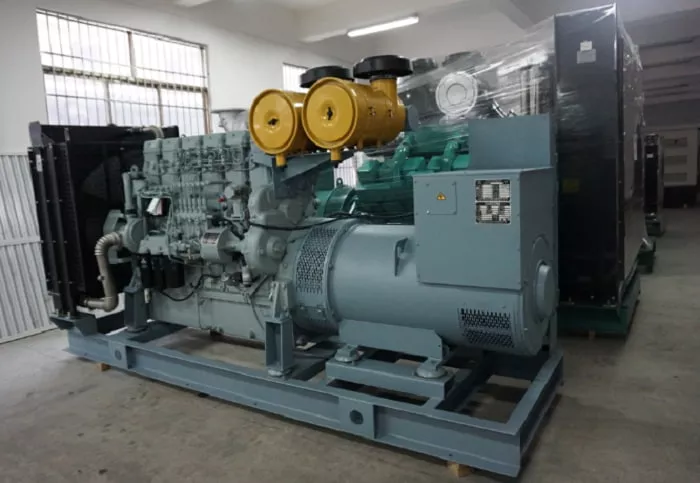Zambia Enhances Electricity Supply Amid Severe Energy Shortages
In a concerted effort to combat a significant energy shortfall, Zambia has intensified its electricity imports from South Africa and Zimbabwe while initiating a groundbreaking net metering campaign. These measures aim to address a pressing energy deficit exceeding 1,300 megawatts (MW) that has plagued the nation.
Addressing the Energy Shortfall
The Zambian government has unveiled plans to mitigate the energy crisis, primarily driven by dwindling water levels at the country’s hydropower facilities. A prolonged drought has drastically reduced water availability in the Kafue River and Zambezi River basins, resulting in diminished hydropower production.
Recent reports indicate that water levels at key hydropower plants have at times dropped below half of their capacity from the previous year. This reduction in generation capability has necessitated the implementation of daily load-shedding lasting a minimum of 12 hours.
International Cooperation and Local Solutions
In response, the government has secured agreements to import additional electricity. Minister of Energy Makozo Chikote confirmed that Zambia’s national utility, Zesco Limited, will import 218 MW of power from South Africa’s Eskom and the Zimbabwe Power Company. This additional power, scheduled to be integrated into the national grid by August, will supplement the existing 409 MW being imported from neighboring countries.
Furthermore, Zesco is progressing in its acquisition of diesel generators, which will be strategically deployed in critical locations including hospitals, schools, business areas, and markets.
As of July 31, Zambia’s national peak electricity demand stood at 2,400 MW, while available power generation was only 1,040 MW, leaving a substantial deficit of 1,360 MW.
Net Metering Initiative to Foster Renewable Energy
In a bid to enhance energy security and promote sustainable practices, Zesco has introduced a Net Metering Programme, effective August 1, 2024. This initiative, in line with the Electricity (Net Metering) Regulations, 2024, is designed to encourage the adoption of renewable energy sources among consumers.
The net metering system allows individuals and businesses—referred to as “prosumers”—to generate their own electricity, primarily through solar power. Any surplus energy produced can be fed back into the Zesco grid, enabling prosumers to offset their electricity costs.
“Net metering not only supports the utilization of renewable energy but also bolsters energy security and sustainability in Zambia,” Zesco stated. “This system facilitates greater energy independence and contributes to a more resilient power infrastructure.”
Through these multifaceted approaches, Zambia aims to alleviate its energy crisis while fostering a more sustainable and self-reliant energy sector.
Related topics:
- WEN 56203i: The Ultimate Review
- 5 Best Diesel Generator For Home Use
- Do Solar Generators Work In The Rain?

